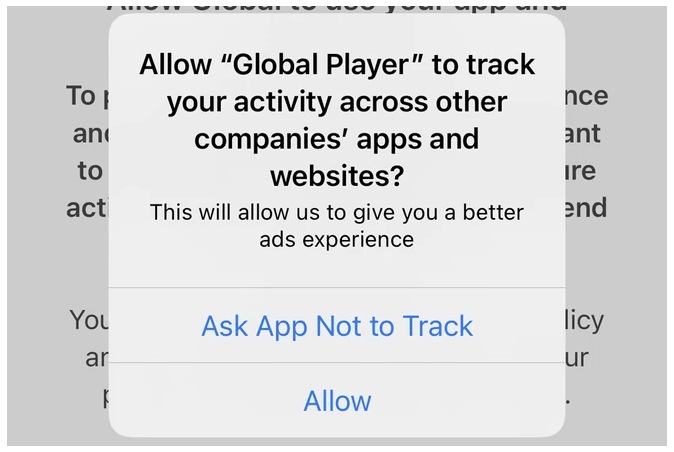It’s easy to assume your phone’s operating system has your best interests at heart. But there are instances where some of your phone’s features can actually pose security risks, while simultaneously causing unwanted battery drainage. What to do? According to Tech Expert Danka Delic at ProPrivacy, privacy breaches are no longer exceptions or rare occurrences but the harsh reality of nearly everyone who owns a piece of technology — and changing a few iOs features can help. “In the era when our smartphones became like an extension of our brains – memorizing our search history, correspondence, images, and other important files – it became mandatory to secure them as much as possible,” Delic says. “Luckily, there are some easy yet very effective protective measures you can take to mitigate the risk of exposure and protect your sensitive data from all sorts of prying eyes. If you are an iPhone user, simply disable these three iOS features and you’ll already be making a lot of difference in your privacy settings – and as a great bonus, you’ll extend your battery life.” You need to disable these iOs features right now, according to tech experts.
Ad tracking
Ad tracking is a common practice that companies conduct with the excuse of providing you with personalized ads, according to Delic — but that tailored advertising service often comes at a cost of jeopardizing your privacy and is regularly off-putting. “Both your iPhone and its individual apps gather loads of data about you daily, and frequently they sell the gathered information without you even realizing it,” Delic says. “This sounds scary only because it is. So here’s how to prevent it: Scroll to your iPhone Settings bottom and then choose > Privacy > Apple Advertising, and finally switch Personalized Ads off. Additionally, you can disable Share iPhone Analytics if you want to prevent Apple from checking your iCloud issues, Siri recordings, or crash reports which can contain a lot of information about you. You can do this by going to Settings > Privacy > Analytics & Improvements, and toggling Share iPhone Analytics off.”

Mail tracking
“Your emails are a particularly sensitive category since they come with a lot of personal information that is not protected enough,” Delic says. “Besides, some newsletters or marketing emails include tracking technology that can reveal to the sender whether you’ve opened their email (and therefore showed interest in their product) and your approximate location.”
Here’s how Delic advises preventing that from happening: Go to Settings > Mail > Privacy Protection and switch on Protect Mail Activity. Once you do this, the sender can no longer see your IP address or see whether you’ve opened the email. “Keep in mind, though, that the sender could still track you if you tap on any embedded link in the email,” Delic says.”
iCloud backup (for apps that don’t need it)
Although Apple does a great job encrypting your backups, Delic says the truth is: it still holds the key to unlock anything you store on iCloud. In other words, if required by law, the company can unlock those encryptions. “To be on the safe side: You can manually select what’s being stored in iCloud, simply by opening Settings > Your name > iCloud,” Delic says. “Go through the list and uncheck anything you don’t want to be backed up online.”
Feature Image Credit: Shutterstock
By Lisa Cupido
Lisa Fogarty is a lifestyle writer and reporter based in New York who covers health, wellness, relationships, sex, beauty, and parenting.



